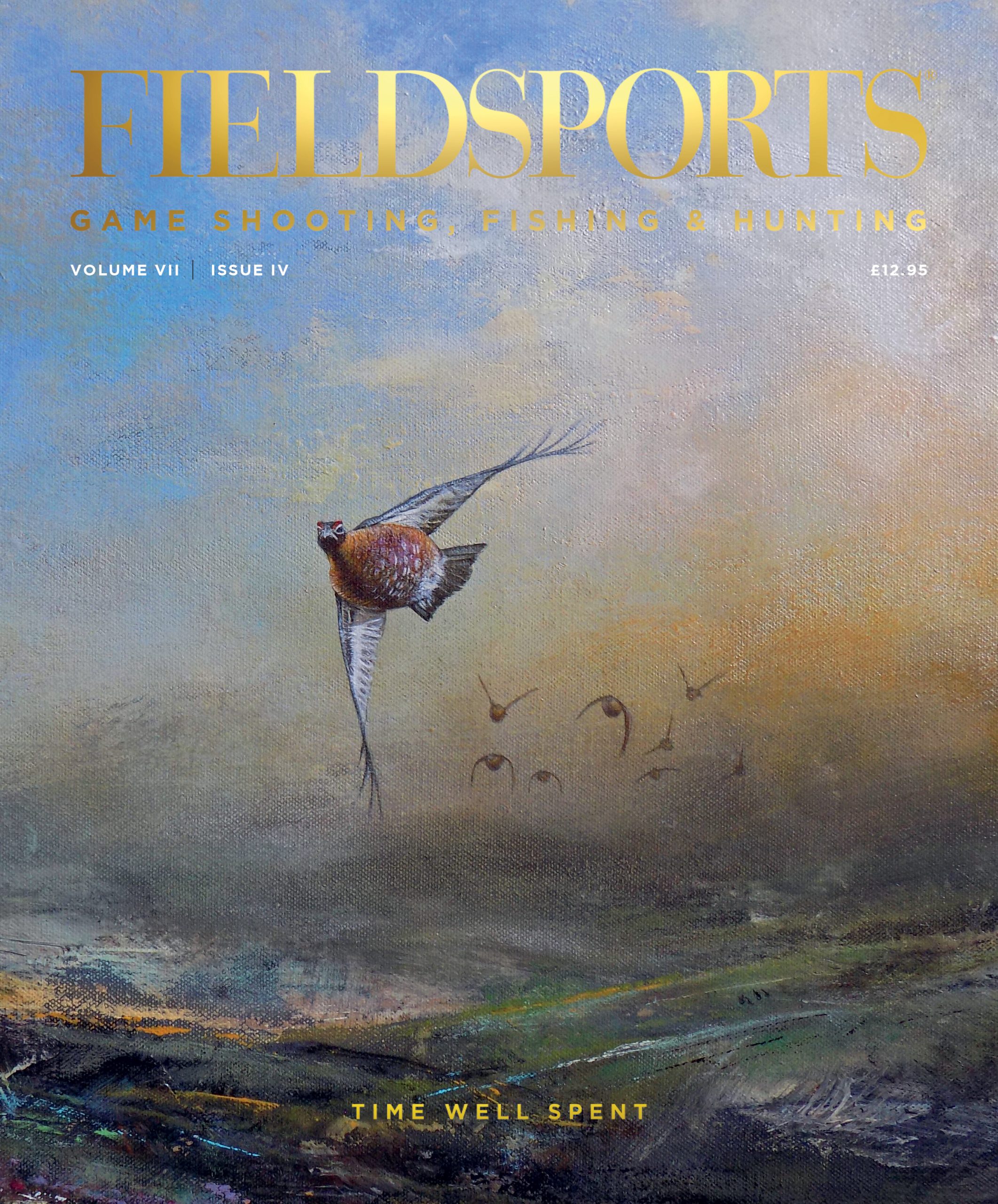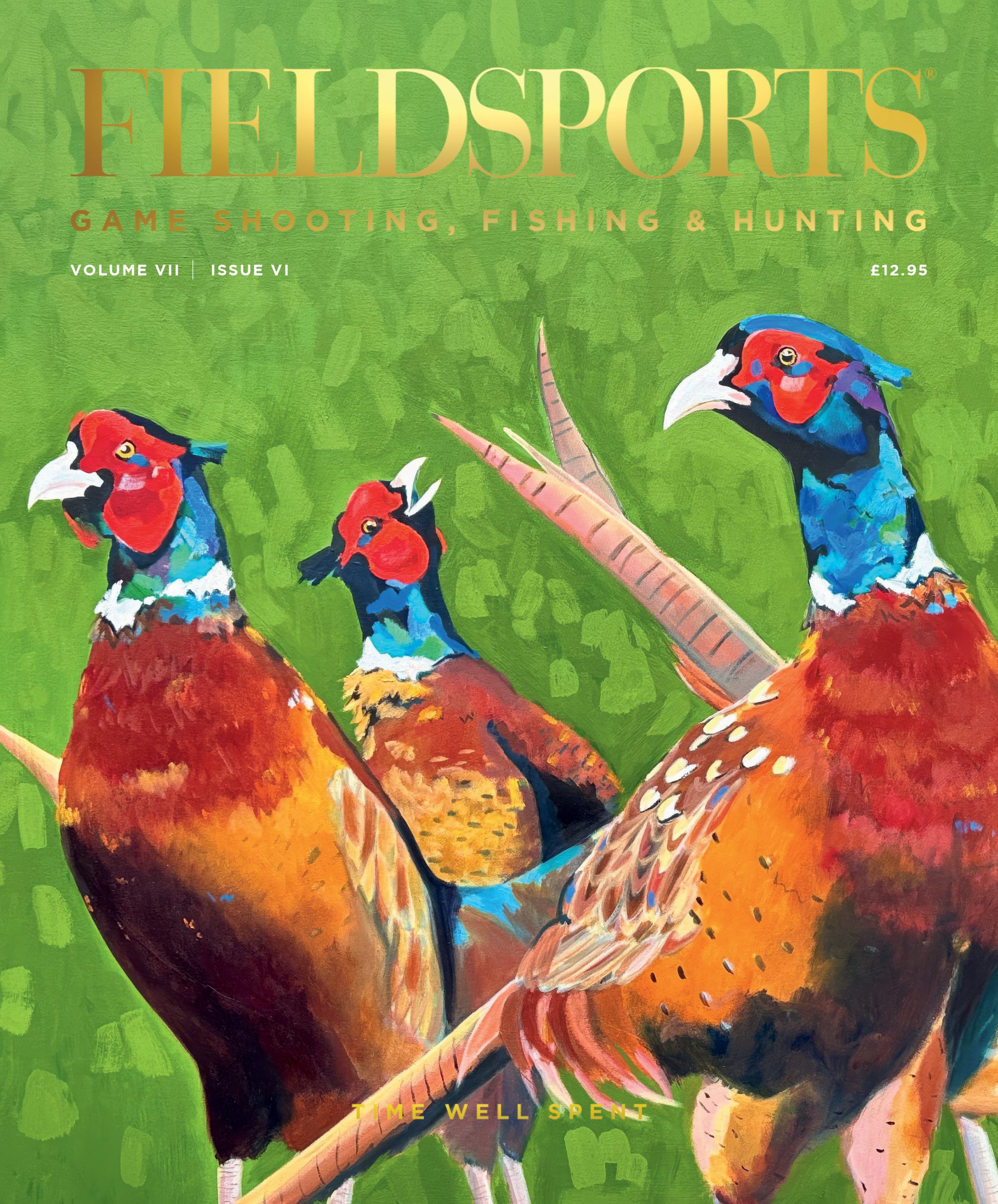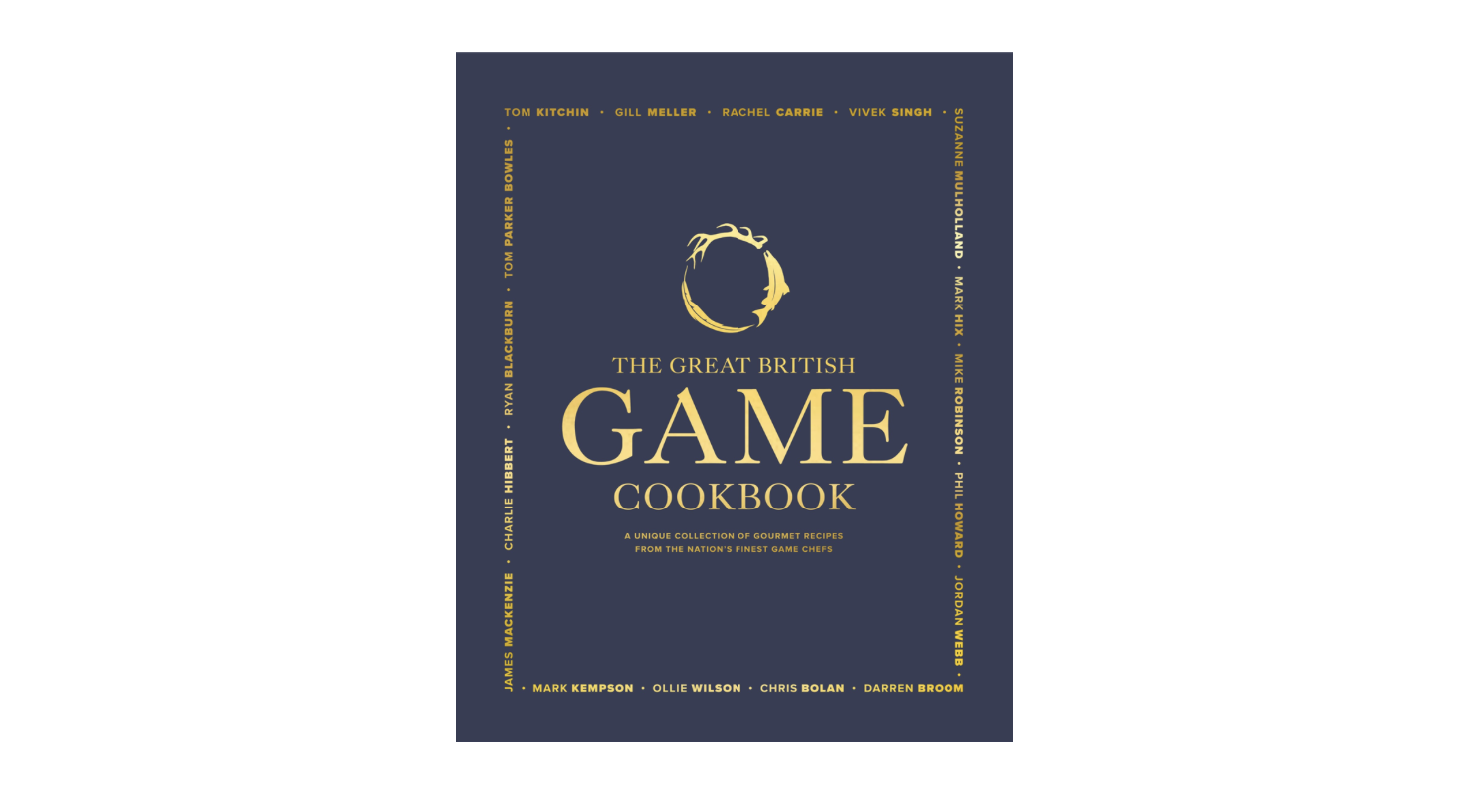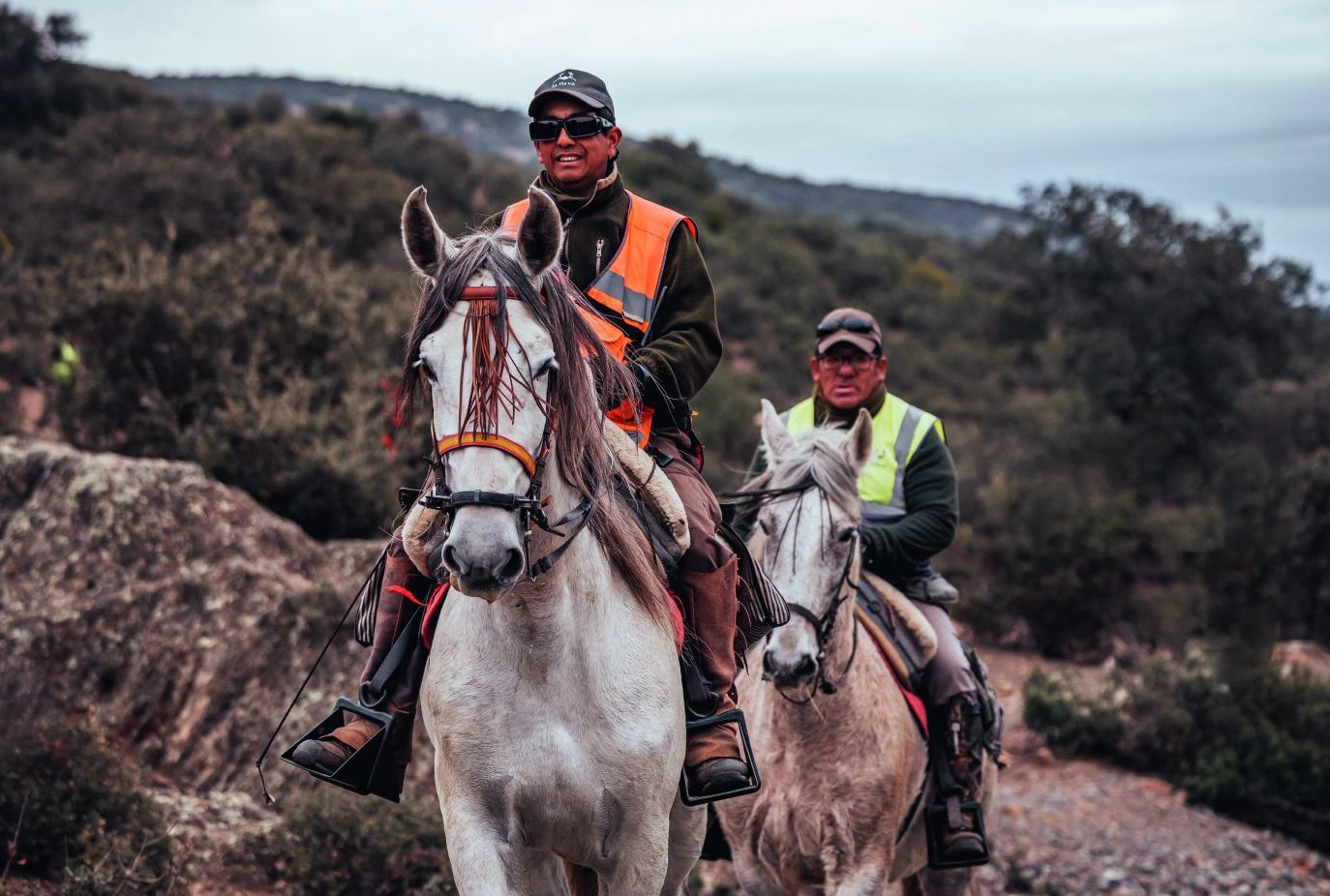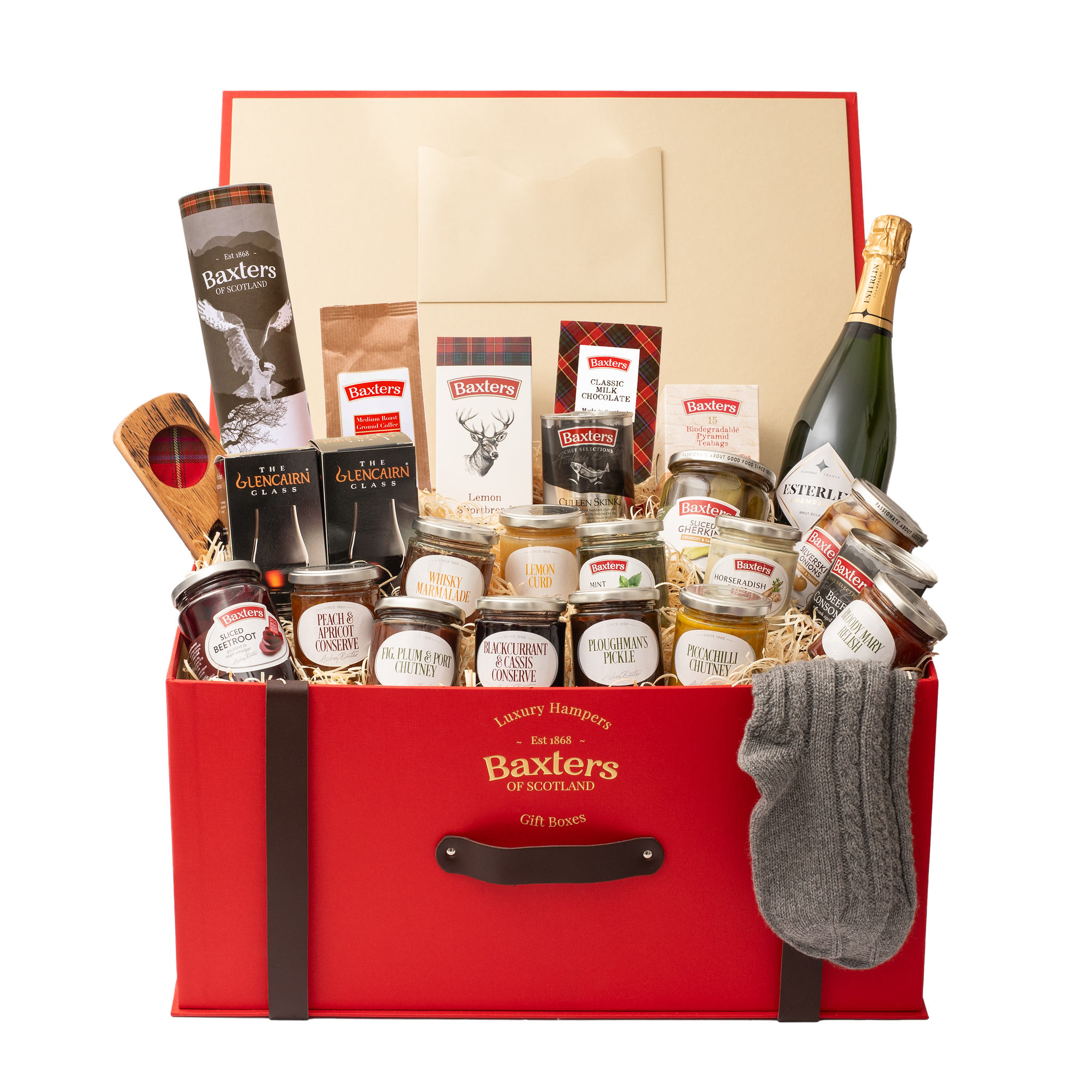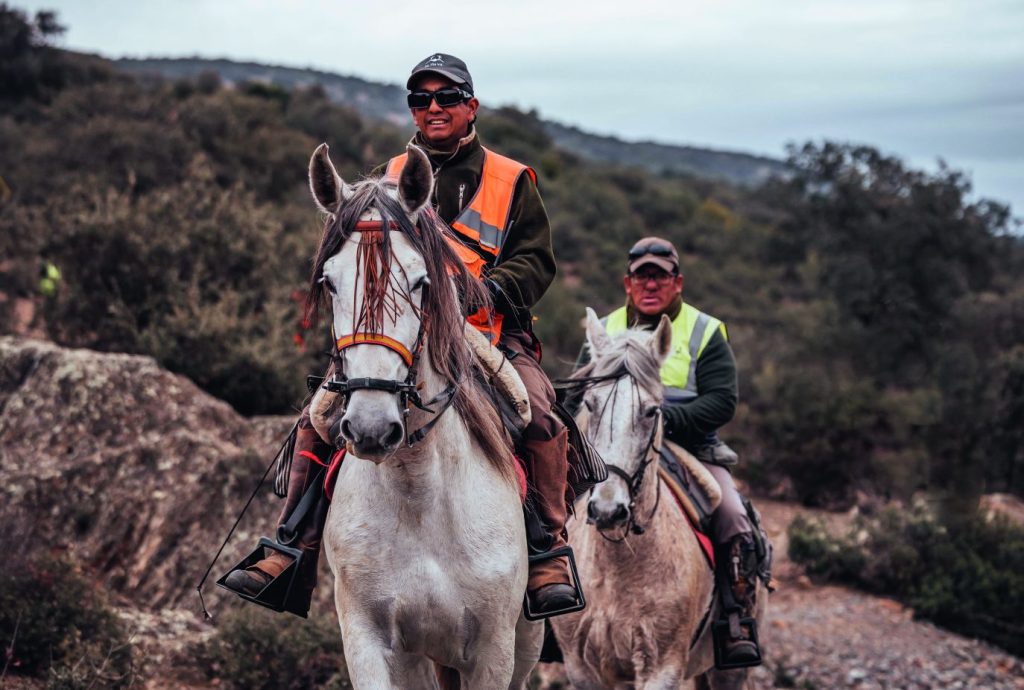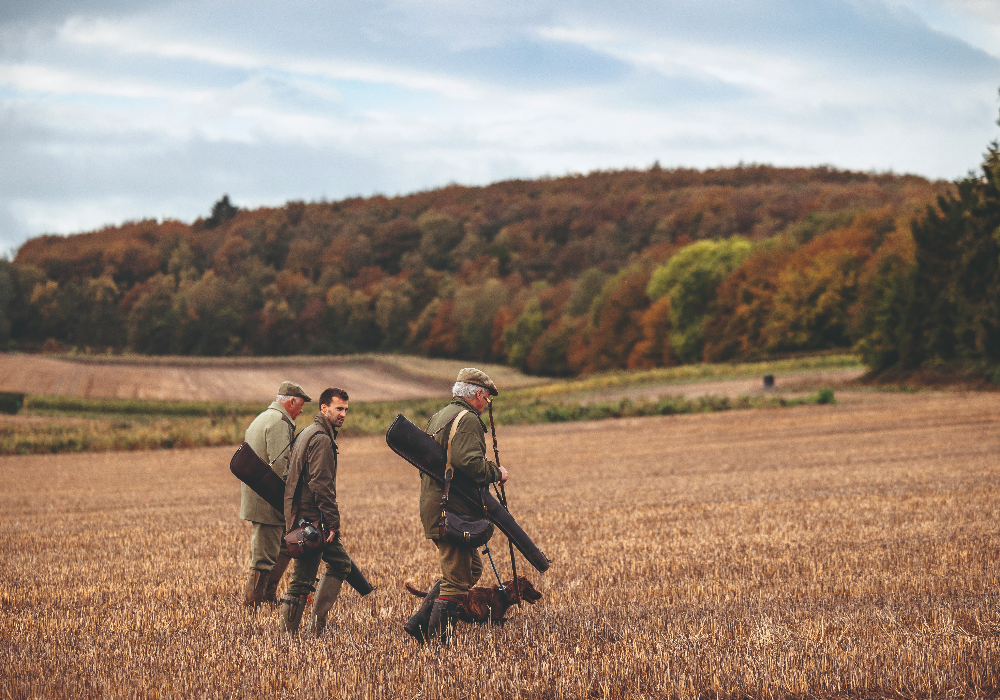Looking to the future
Alan Beynon BVM&S MRCVS, Director of St David’s Game Bird Services, looks at how the pandemic has helped create positive change.
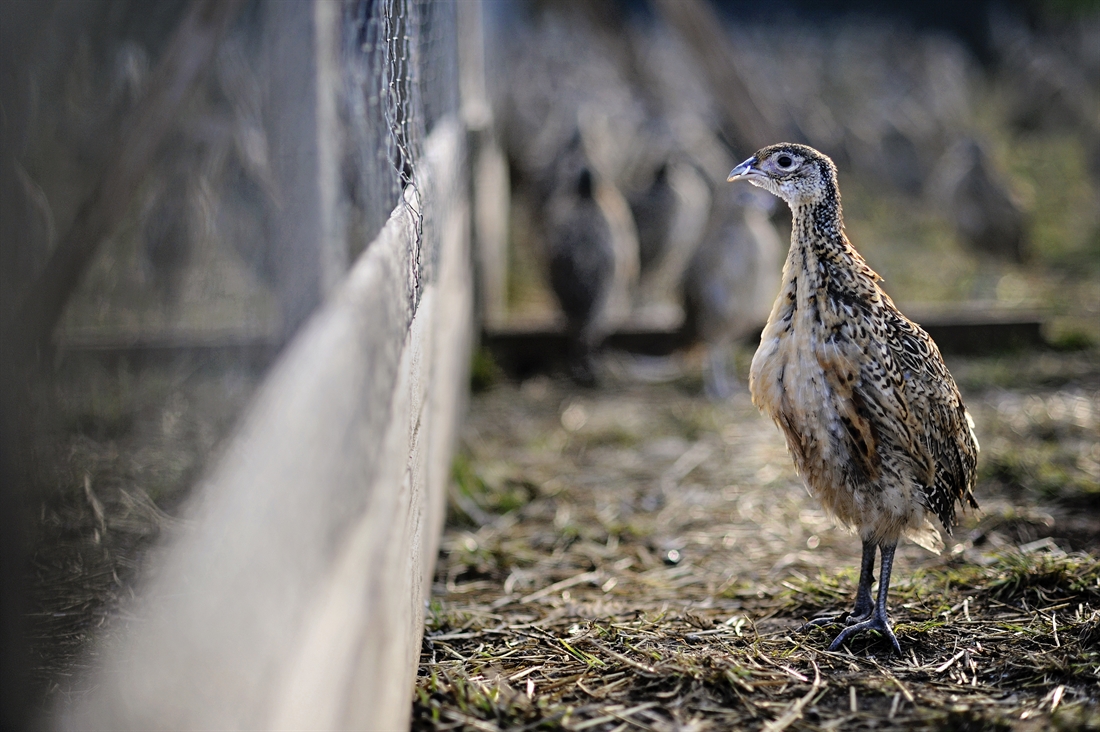
There have been many concerns and worries relating to the impact of Covid on the shooting sector ending with a very difficult couple of months where shooting could not take place around the country. However there are also a number of benefits that have been realised, which we can hopefully learn from in the future.
A noticeable change is that a number of medium-sized shoots have decided to scale down. Instead of planning a season of larger commercial days, they’re going for smaller days with better-quality birds. The move towards quality has been created by gamekeepers putting less birds into the same sized release pens in 2020 as they anticipated less shooting and consequently resulted in stronger birds due to less disease challenges and generally better returns.
What is clear to our veterinary team is that the quality of stock has increased overall and we have medicated significantly less birds. As a result we have had a number of phone calls whereby shoots are now planning to put down less birds and sell smaller days but charge the same or slightly more – and potentially have better sport as a result. From an economic point of view their overheads are reduced and they are attracting Guns that are looking for a more challenging shooting experience.
The reduction in stock reared has led to a decrease in disease pressure and similarly while Covid appears to have had an increased impact in areas of high human population we have noticed a reduction in gamebird diseases as the number of birds placed on a rearing field or a release pen has reduced. My interest has been to see the effect of this reduction on both improved flying ability and return percentages as shooting commenced. While bird health is high, undoubtedly the sport is significantly improved in all aspects.
Economically, a disease incidence is a huge cost to a shoot and a small percentage change in returns creates a much better balance sheet at the end of the year. As a vet however, my focus has changed in the last year because the shoots I deal with are now more interested in higher quality shooting reducing risk and having more control over their supply chain. This means that they’re less concerned about the size of the day and more concerned with making sure they’re getting the best stock coming from flocks that have been, for instance, mycoplasma tested.
The shoots now have closer relationships with the game farmers who equally better understand what birds they are getting in terms of both breed and origin. This destocking has been an important part of the process in the last year and I am being asked to help clients set up a better infrastructure on the shoot to support the birds they are receiving. In terms of disease control that is a very exciting development for me. Achieving a better environment for the birds leads to less disease and much healthier birds, which is a more profitable exercise for the shoots from both a sustainability and economic perspective.
As a result, shoot owners and gamekeepers have started to collect more data so that they can measure success. Data is sourced from return rates, shots-to-bird ratios, disease in specific pens to who reared the birds, where the birds came from, mycoplasma testing status and all the way through to the cost of feed and how much is consumed. We then encourage analysis of this data to identify trends.
Improved gut health of the bird is reflected in better feed efficiency and this in turn may well lead to less feed being used by the bird for the same growth and flying functions. This in turn means that feed cost per se is less significant in the whole pricing determination of the business. Simply put, controlling gut health adequately, such as by having a clean water supply, hygienic equipment and healthy poults in the first instance, can reduce this feed bill for the same number of birds. Worming birds strategically to avoid build-up of infection will also impact on the amount of feed used. With attention to detail, picking up on disease early and having a structure in place to prevent this disease process from occurring again will dramatically improve return rates. Increasing returns by just 1-2% will significantly benefit the shoot economically at the end of the year. Less well-run shoots tend to reinvest less into the shoot, and as a result, have more problems. So in my opinion, making a profit is an admirable objective and must be a focus so that the shoot can make improvements each year and improve the sustainability and reduce the risk profile.
Looking ahead further, several shoots and game farmers have started the process of British Game Assurance (BGA) membership and entered into the assurance scheme. The process of setting up and demonstrating good record keeping and improved traceability sets these members above a supplier with none of this information. The assurance schemes for game farms and shoots seek to demonstrate attainment of a basic standard and to show they comply with best practice in the game industry. A successful audit demonstrates to poult customers, Guns, retailers and food businesses that the BGA assured game is sourced from members of the sector that achieve the highest health and welfare standards throughout the supply chain.
As a veterinary business, we’ve been involved closely with the BGA and have assisted in setting up a series of training profiles for both game farmers and gamekeepers. There are three separate BGA-approved courses: one relating to laying flocks and hatcheries, one for rearing and one for release. What we’re trying to do is incorporate best practice principles taken from the welfare codes and from our own experience and those of others. It’s a great training profile for game farmers and keepers depending on which of those three operations they’re involved in. Keepers and game farmers who apply these principles to their business will become more sustainable and profitable in the future.
The Covid pandemic although very worrying and concerning has led many to have the time to stop and think and this has led to them moving forwards, creating change to become a more efficient, more sustainable business with solid foundations. We as vets are becoming more heavily involved in this change, giving advice to promote the best health possible, to allow shoots to obtain best practice and lead to better sporting birds.
Related Articles
Get the latest news delivered direct to your door
Subscribe to Fieldsports Journal
Elevate your experience in the field with a subscription to Fieldsports Journal, the premium publication for passionate country sports enthusiasts. This bi-monthly journal delivers unparalleled coverage of game shooting, fishing and big game across the UK and beyond.
Each issue offers a stunning collection of in-depth features, expert opinions and world-class photography, all presented in a timeless yet contemporary design.
Save 10% on shop price when you subscribe, with a choice of packages that work for you. Choose from Print & Digital or Digital only with each journal delivered directly to your door or via the app every other month, plus access to past issues with the digital back issue library.
